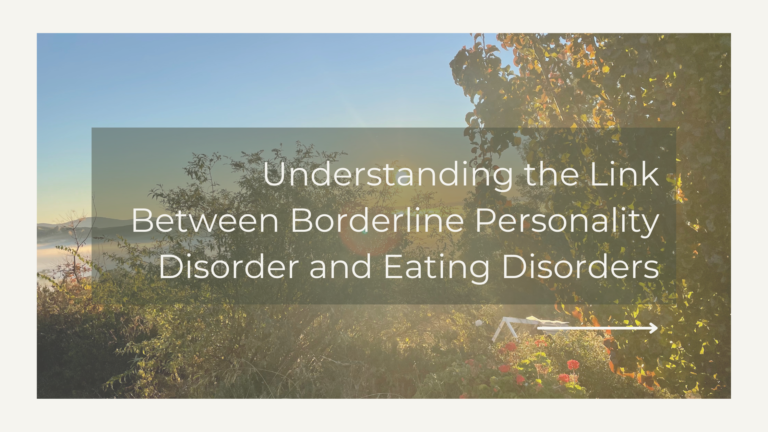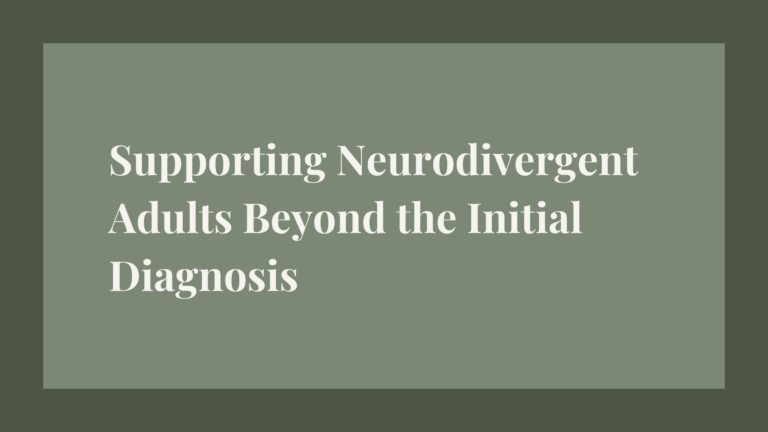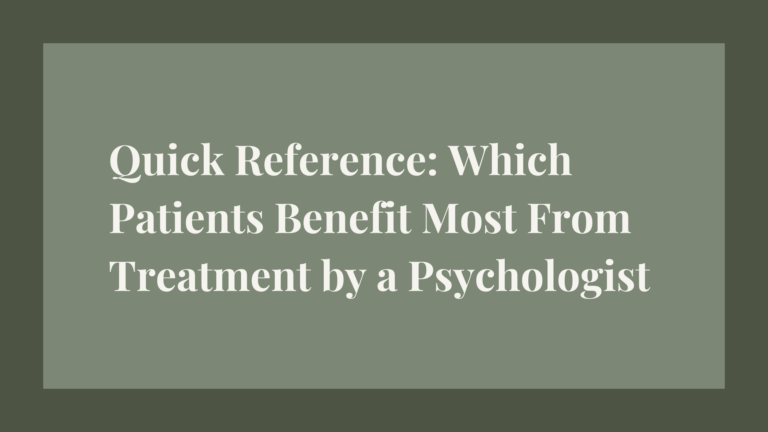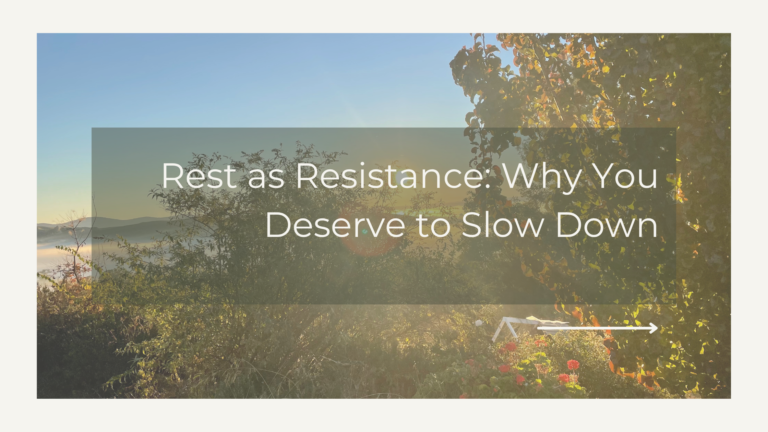Supporting Your Loved One with an Eating Disorder
Supporting a family member with an eating disorder is challenging and emotionally taxing. Eating disorders like anorexia, bulimia, and ARFID require comprehensive care. Carers play a crucial role in a loved one’s recovery, needing access to resources and self-care. This post offers tips and essential resources, including EDFA, FYI, and EDV.
Supporting a family member with an eating disorder can be a daunting and emotional journey. Eating disorders, such as anorexia nervosa, bulimia nervosa, and binge-eating disorder, are serious mental health conditions that require comprehensive care and support. As a carer, your role is vital in helping your loved one navigate the path to recovery, but it can also be overwhelming and challenging.
Accessing reliable resources is crucial for both the well-being of the individual with the eating disorder and for you, the carer. In this post, we aim to provide a curated list of essential resources that can guide and support you through this journey, offering valuable information, practical tools, and a sense of community.
Understanding Eating Disorders
Eating disorders are complex mental health conditions characterised by unhealthy eating habits and severe concerns about body weight or shape. They can affect anyone, regardless of age, gender, or background. Common types of eating disorders include:
- Anorexia Nervosa: Characterised by extreme restriction of food intake, an intense fear of gaining weight, and a distorted body image.
- Bulimia Nervosa: Involves cycles of binge eating followed by compensatory behaviours such as vomiting, fasting, or excessive exercise.
- Binge-Eating Disorder: Defined by recurrent episodes of eating large quantities of food, often rapidly and to the point of discomfort, without subsequent purging behaviours.
- Other Specified Feeding or Eating Disorder (OSFED): A category for individuals who do not meet the strict criteria for anorexia, bulimia, or binge-eating disorder but still have a significant eating disorder that impacts their health and functioning.
- Avoidant/Restrictive Food Intake Disorder (ARFID): Characterised by a persistent failure to meet appropriate nutritional and energy needs, leading to significant weight loss, nutritional deficiency, dependence on nutritional supplements, or marked interference with psychosocial functioning. Unlike anorexia, ARFID does not involve distress about body shape or weight.
The impact of eating disorders extends beyond the individual, affecting families and loved ones who often struggle to understand and support their family member. Eating disorders can lead to serious physical health complications, emotional distress, and strained relationships. As a carer, understanding these disorders and their effects is the first step towards providing effective support.
The Role of Carers
Carers play a pivotal role in the recovery process for individuals with eating disorders. Your support, understanding, and patience can make a significant difference in your loved one’s journey to recovery. However, the responsibilities and emotional toll can be substantial, making it essential for carers to be well-equipped with knowledge and resources.
As a carer, you may find yourself managing a range of tasks, from helping with meal planning and attending medical appointments to offering emotional support and encouragement. It’s crucial to create a safe and supportive environment that fosters open communication and trust. Here are some key aspects of the carer’s role:
- Educate Yourself: Understanding the nature of eating disorders and the specific challenges your loved one faces is fundamental. Knowledge can help you provide informed support and reduce feelings of helplessness.
- Offer Compassionate Support: Approach your loved one with empathy and patience. Avoid judgment or criticism, as these can exacerbate the situation.
- Encourage Professional Help: Support your loved one in seeking and adhering to professional treatment, which may include therapy, medical care, and nutritional counselling.
- Monitor and Manage: Be vigilant about your loved one’s behaviours and health, and be prepared to intervene if necessary. This may involve managing meals, monitoring exercise, and being aware of any signs of relapse.
- Practice Self-Care: Caring for someone with an eating disorder can be emotionally exhausting. It’s essential to take care of your own mental and physical health. Seek support from friends, support groups, or a mental health professional if needed.
Understanding the importance of your role and utilising the available resources can help you navigate the complexities of caring for someone with an eating disorder. Remember, your well-being is just as important as that of your loved one.
Helpful Resources for Carers
Navigating the journey of supporting a loved one with an eating disorder can be challenging, but you don’t have to do it alone. There are numerous resources available to help carers understand, manage, and support their family members effectively. Here are some essential resources to consider:
- Eating Disorders Families Australia (EDFA)
- EDFA is dedicated to supporting families affected by eating disorders. They offer a range of resources, including educational materials, support groups, and advocacy services. EDFA’s mission is to empower families with the knowledge and tools they need to support their loved ones through recovery.
- Key Resources:
- Support groups for parents and carers.
- Educational webinars and workshops.
- Information on navigating the healthcare system and accessing treatment.
- Feed Your Instinct (FYI)
- FYI is an innovative online tool designed to help parents and carers assess the eating disorder symptoms of their children. It provides personalised reports based on the information entered, offering guidance on the next steps and resources to seek further help.
- Key Features:
- Symptom assessment tool for early detection and monitoring.
- Personalised feedback and action plans.
- Resources for understanding and managing eating disorders.
- Eating Disorders Carer Help Kit
- The Eating Disorders Carer Help Kit is a comprehensive resource tailored specifically for carers. It includes practical advice, coping strategies, and tools to help you support your loved one while also taking care of yourself.
- Key Components:
- Practical tips for daily management and support.
- Coping strategies for dealing with the emotional impact of caring.
- Information on seeking professional help and navigating the recovery process.
- Eating Disorders Victoria (EDV)
- EDV provides a wide range of resources aimed at supporting carers. Their offerings include support services, educational materials, and community forums where carers can connect and share experiences.
- Key Offerings:
- Carer support groups and helplines.
- Educational workshops and materials.
- Online forums and communities for peer support.
These resources are designed to provide you with the information, support, and community you need to effectively care for your loved one and maintain your own well-being. By utilising these tools, you can better understand the complexities of eating disorders and feel more confident in your ability to support recovery.
Tips for Carers
While the journey of supporting a loved one with an eating disorder can be challenging, there are practical steps you can take to provide effective support. Here are some essential tips to help you navigate this difficult path:
- Communicate Effectively:
- Approach conversations with empathy and active listening. Avoid judgmental or critical comments, as these can exacerbate the situation.
- Use “I” statements to express your feelings and concerns without sounding accusatory. For example, “I’m worried about how little you’re eating and how it’s affecting your health.”
- Externalise the Eating Disorder: Help your loved one separate their identity from the eating disorder. This can reduce feelings of shame and self-blame. For instance, say, “I can see that the eating disorder is making you feel like you have to restrict your food,” rather than, “You are refusing to eat.” This approach can help them see the eating disorder as something that can be challenged and managed, rather than as a fundamental part of who they are.
- Create a Supportive Environment:
- Foster a home environment that promotes recovery. This includes preparing balanced meals, avoiding discussions about dieting or body image, and encouraging healthy behaviours.
- Establish routines that support normal eating patterns and regular meal times.
- Educate Yourself:
- Learn as much as you can about eating disorders. Understanding the psychological and physical aspects of the illness can help you provide informed support.
- Utilise the resources mentioned above to stay updated on best practices and new insights into eating disorder treatment and support.
- Encourage Professional Help:
- Support your loved one in seeking and adhering to professional treatment, which may include therapy, medical care, and nutritional counselling.
- Help them find and attend appointments with healthcare providers who specialise in eating disorders.
- Monitor and Manage:
- Be vigilant about your loved one’s behaviours and health. Recognise the signs of relapse and know when to intervene.
- Work with healthcare providers to understand the treatment plan and how you can support it at home.
- Practice Self-Care:
- Caring for someone with an eating disorder can be emotionally exhausting. It’s crucial to take care of your own mental and physical health.
- Seek support from friends, support groups, or a mental health professional if needed. Don’t hesitate to reach out for help when you need it.
- Set Boundaries:
- Establish clear and healthy boundaries to protect your own well-being. It’s important to recognise your limits and ensure that you don’t neglect your own needs.
- Stay Hopeful and Patient:
- Recovery from an eating disorder is often a long and non-linear process. Celebrate small victories and be patient during setbacks.
- Maintain a hopeful outlook and provide consistent support, reminding your loved one that recovery is possible.
By incorporating these tips into your daily routine, you can create a more supportive environment for your loved one while also taking care of your own needs. Remember, being a carer is a challenging role, but with the right knowledge and resources, you can make a significant difference in the recovery journey of your family member.
Conclusion
Caring for a loved one with an eating disorder is a complex and demanding task, but you are not alone in this journey. By educating yourself, utilising available resources, and practicing effective communication and self-care, you can provide crucial support that contributes to your loved one’s recovery. Remember that your role as a carer is invaluable, and the compassion and patience you offer can make a significant difference.
The resources highlighted in this post are designed to empower you with knowledge and tools, offering guidance and support every step of the way. Whether through support groups, practical tools, or professional guidance, these resources can help you navigate the challenges of caring for someone with an eating disorder.
Recovery is a challenging and often lengthy process, but with the right support and resources, it is possible. Stay hopeful and patient, celebrate small victories, and take care of your own well-being. Your efforts and dedication are crucial in helping your loved one find their path to recovery.
If you found this post helpful, please share it with others who might benefit from these resources. Encourage them to visit the websites and explore the tools and support available. By spreading awareness and providing access to these valuable resources, we can collectively support those affected by eating disorders and their carers.
If you need additional support or guidance, consider scheduling an appointment with Regenerative Psychology. Our team of professionals is dedicated to providing compassionate care for both carers and individuals struggling with eating disorders. Contact our team at Regenerative Psychology to learn more and book an appointment.





